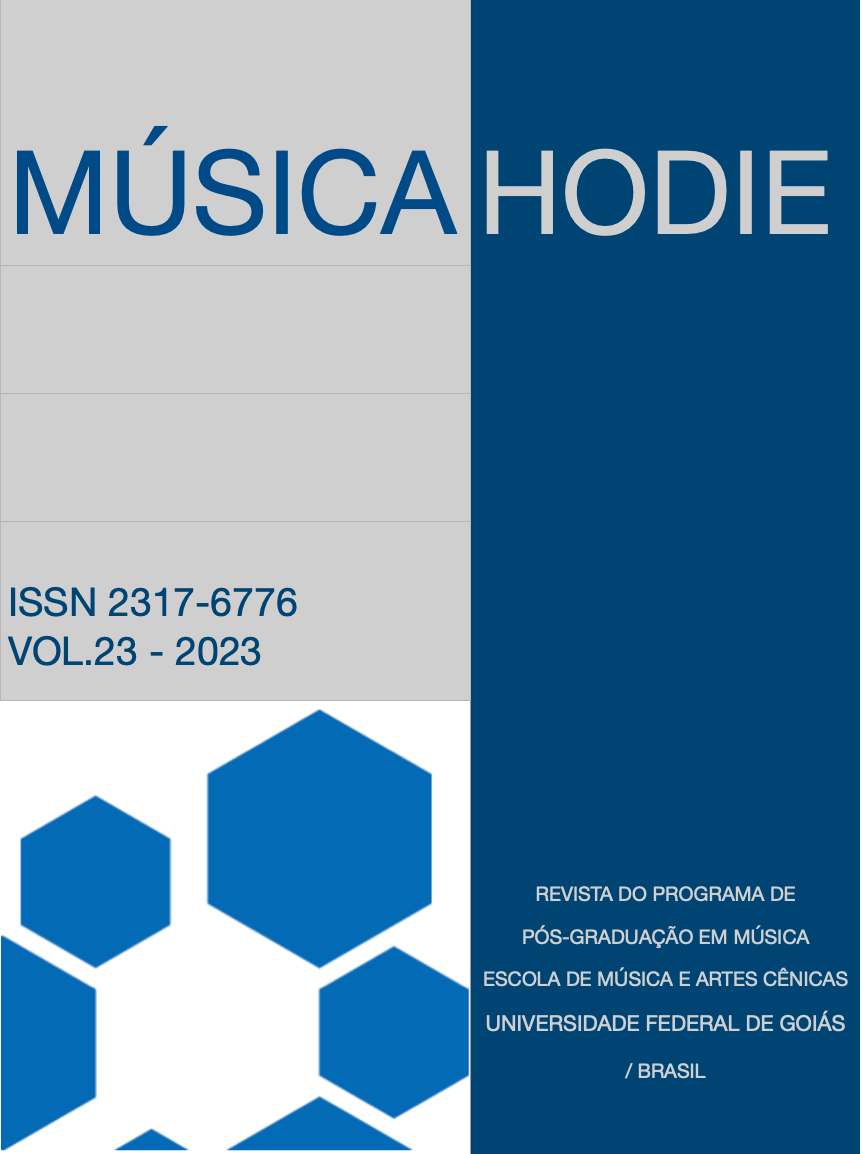Music education and STEM skills in primary school: a proposal from the music classroom.
DOI:
https://doi.org/10.5216/mh.v23.74210Keywords:
music education, primary education, didactic programme, mathematical competence, basic competences in science and technology.Abstract
Current international educational regulations point out the importance of working on artistic and scientific subjects in an interconnected way to contribute to the development of mathematical competence and basic competences in science and technology, for which a learning model based on problem solving has been promoted in line with the STEAM (Science, Technology, Engineering, Art, Mathematics) approach. Based on this model, it is possible to promote these areas through the implementation of didactic-musical proposals in the primary school classroom. The purpose of this study is to present, through a quasi-experimental study, how music education can favour the acquisition of mathematical competence and basic competence in science and technology in a sample of 129 participants in the sixth year of primary education in three public and state-subsidised schools in Madrid, divided into a control group (63 students) and an experimental group (66 students). The experimental group participated in a didactic intervention programme with musical activities designed ad hoc, and was implemented over the course of a school year in the participating schools, while the control group followed the classroom programme. The results obtained by the experimental group in the post-test phase show an improvement in the planning of mathematical processes, the identification and use of numbers, the understanding of geometric contents in different contexts, as well as the experimentation of scientific activity, which suggests that music education can favour the development of the areas of this competence.















